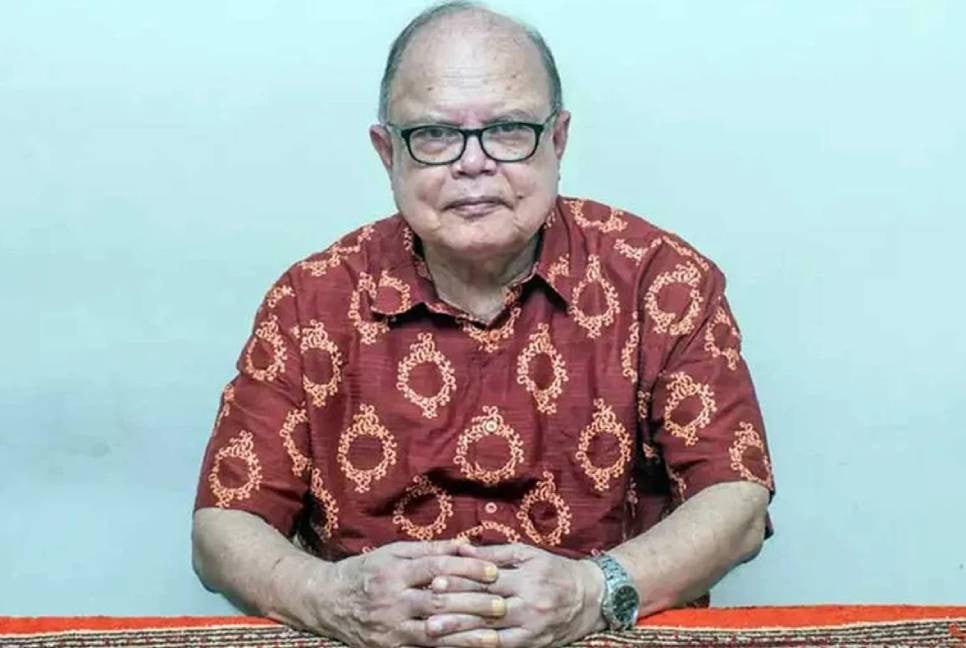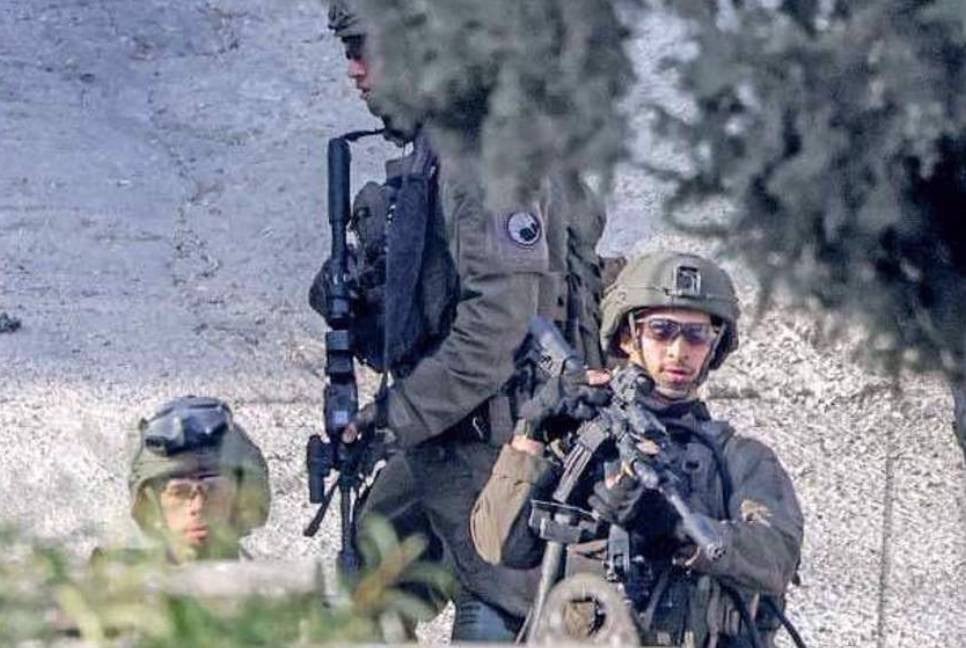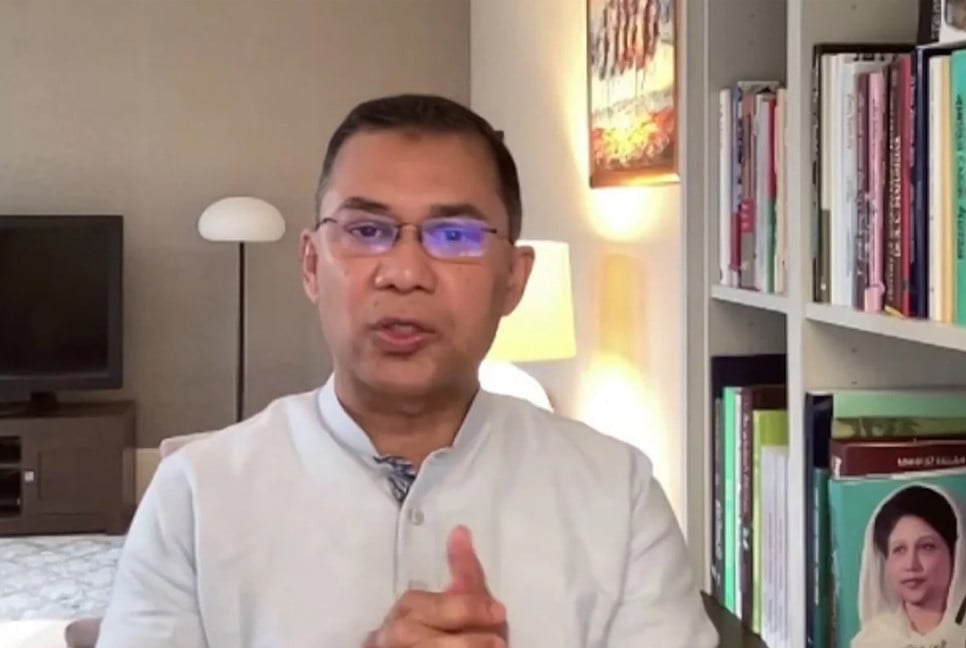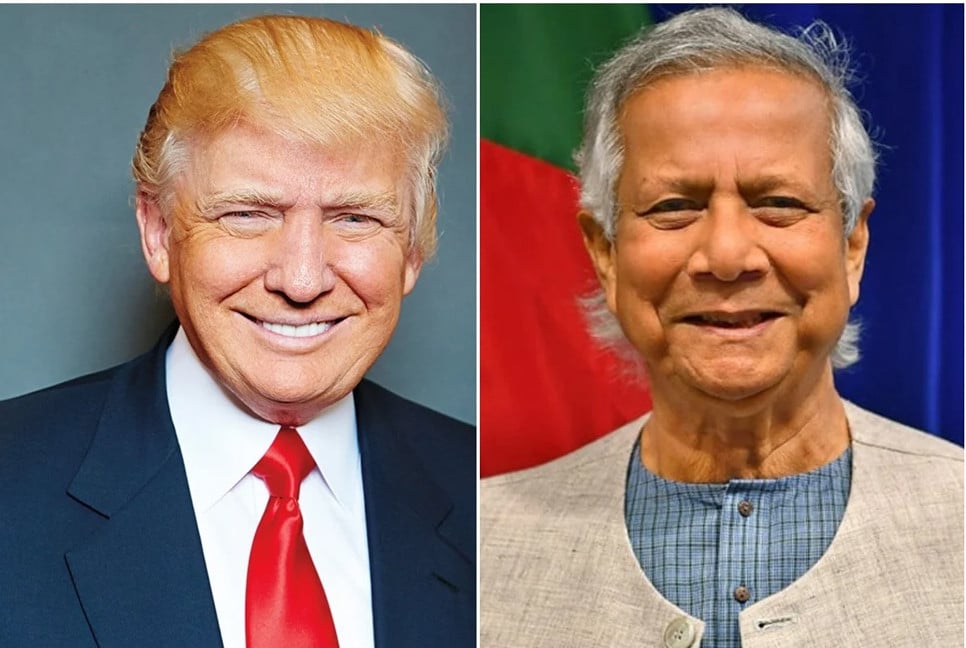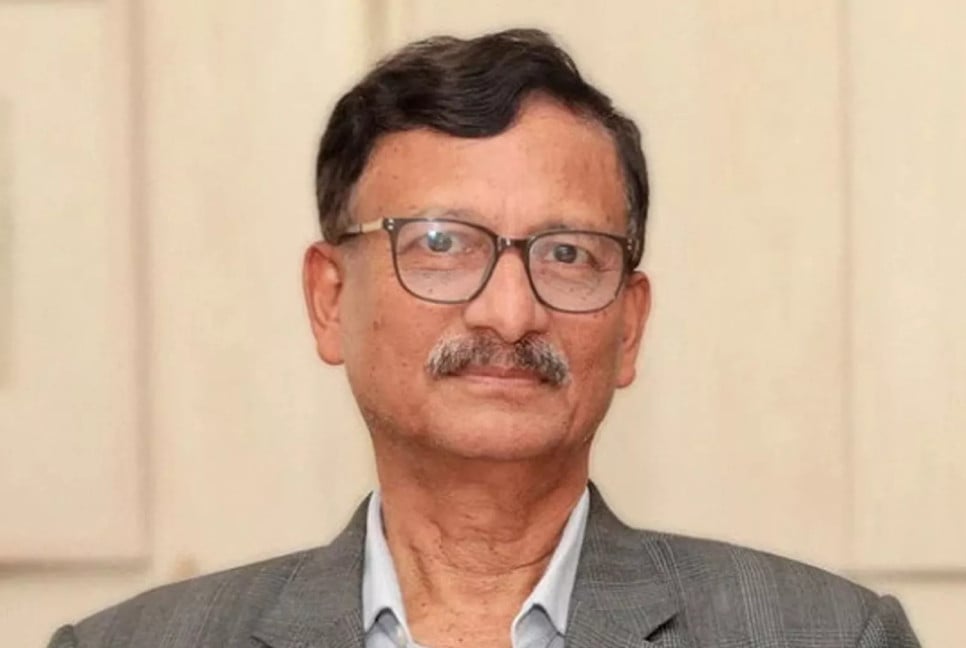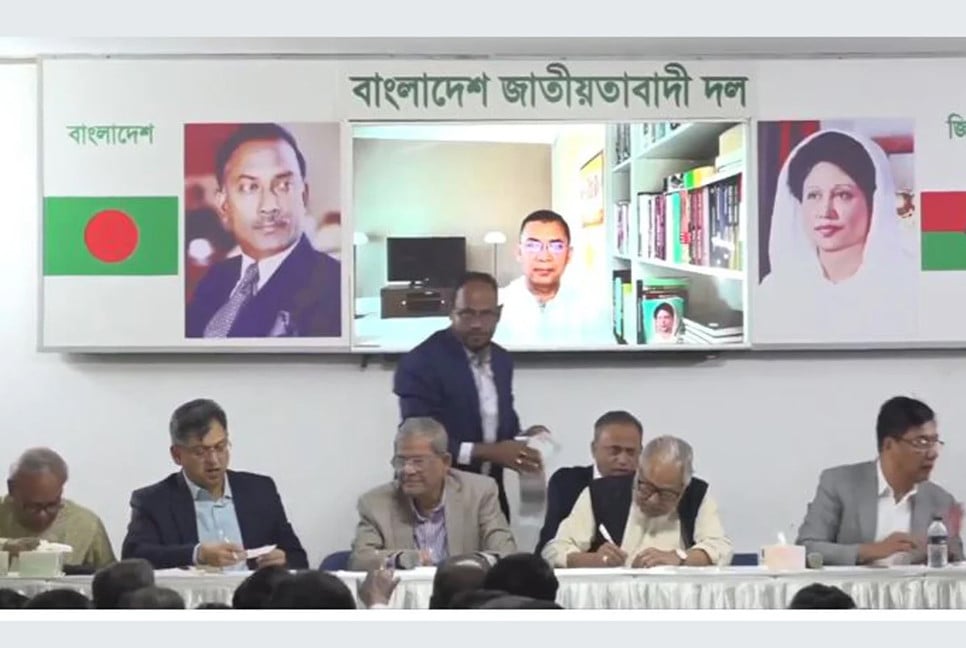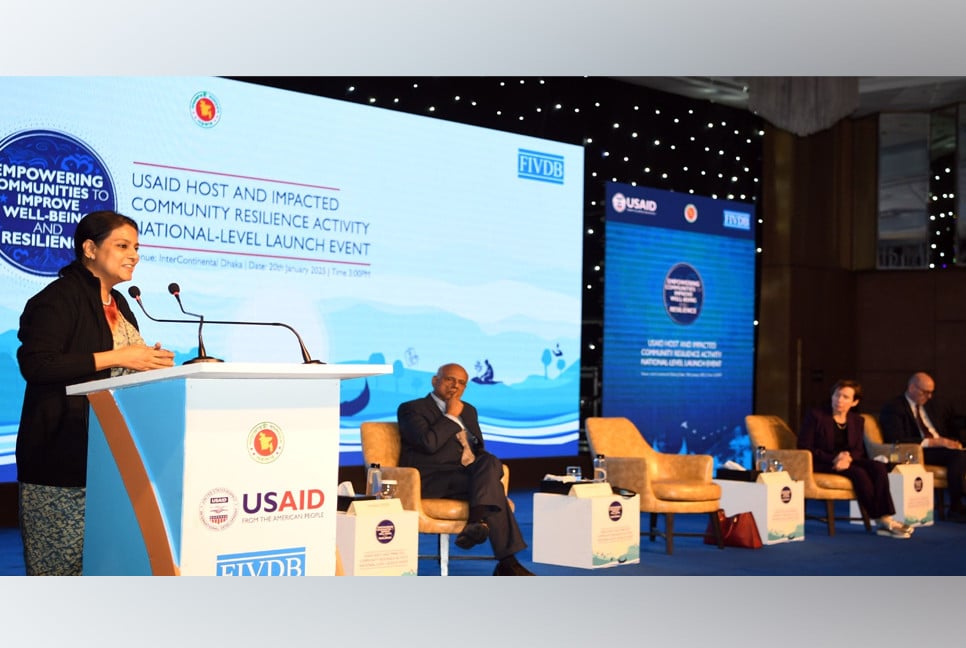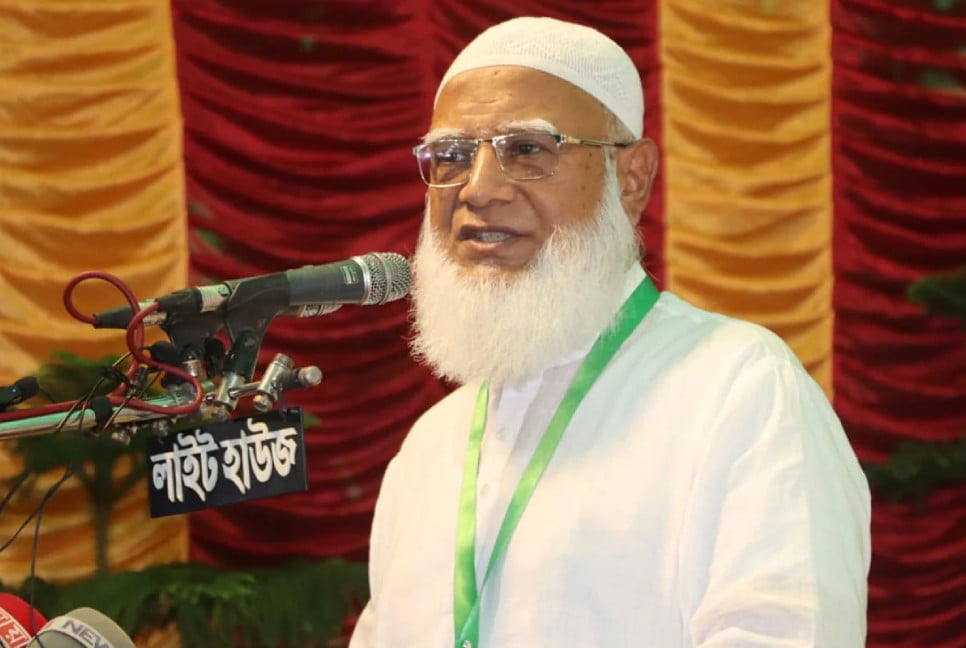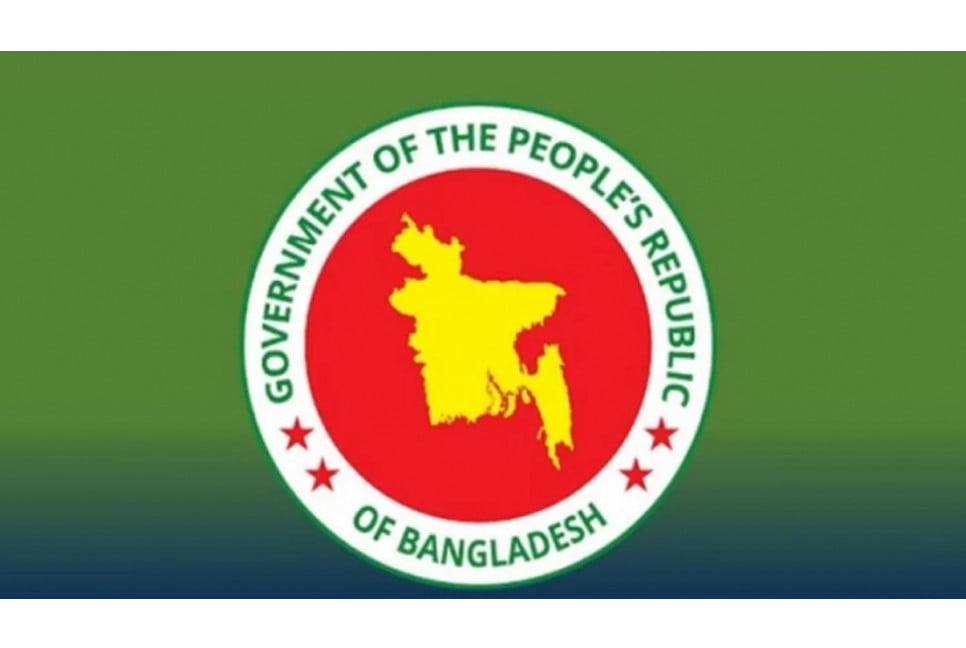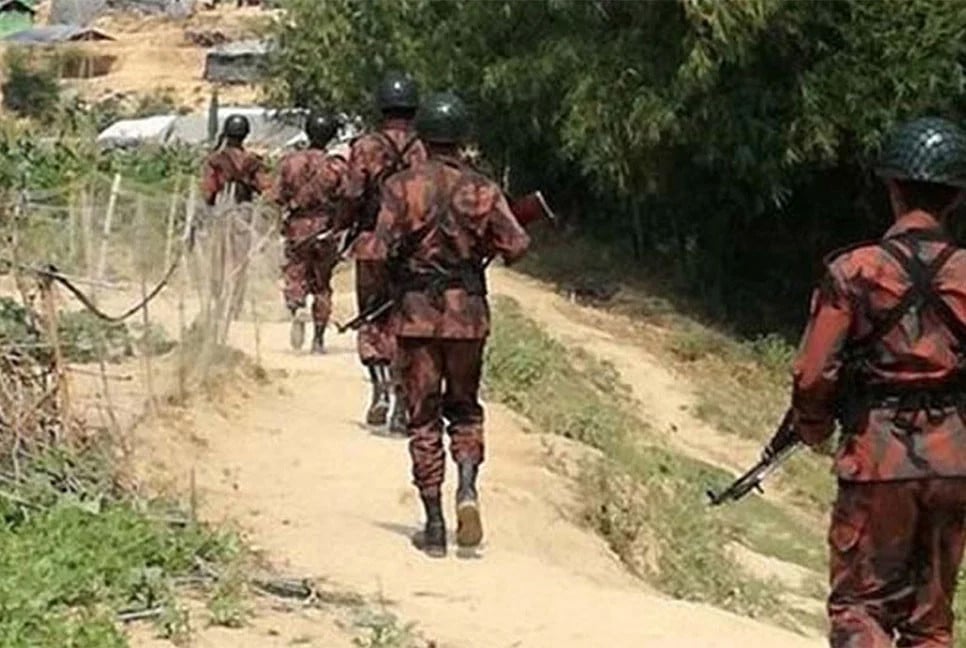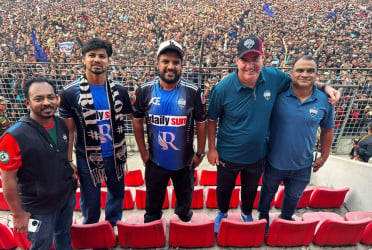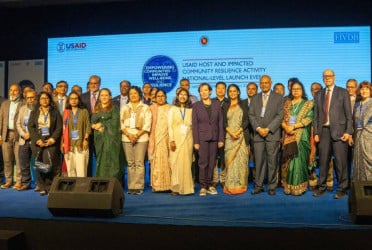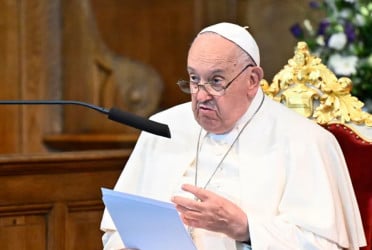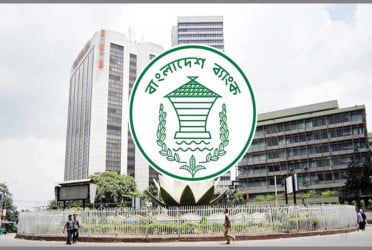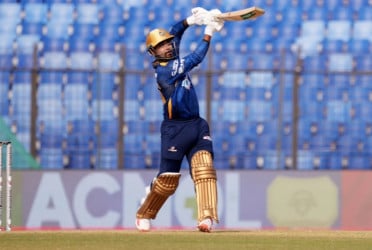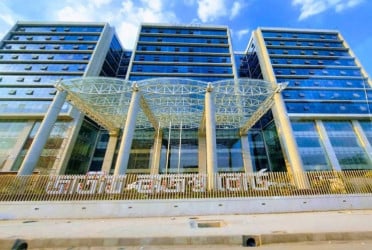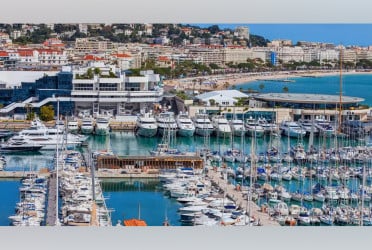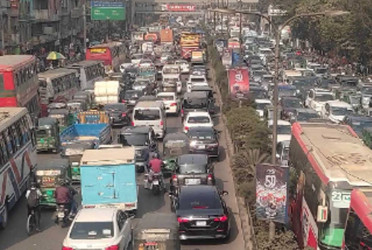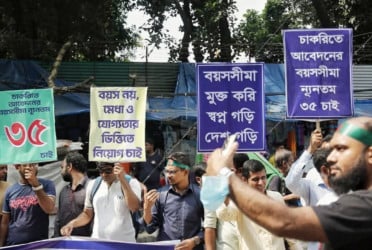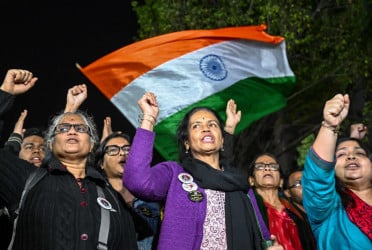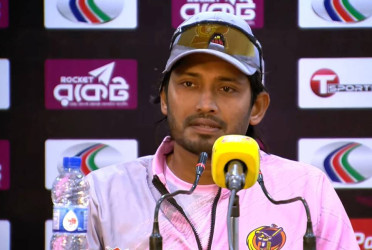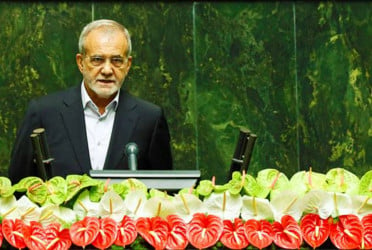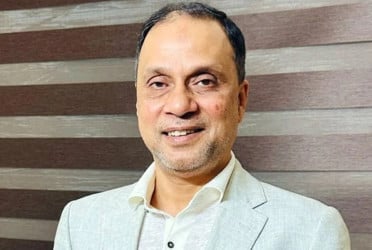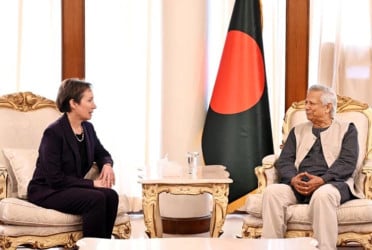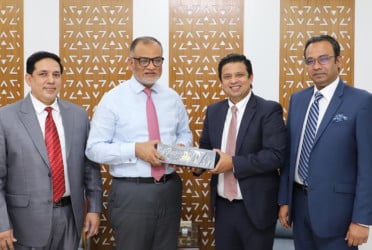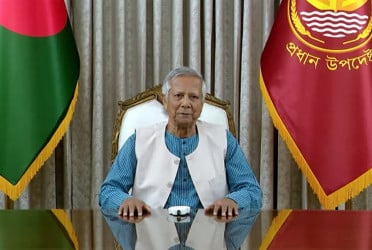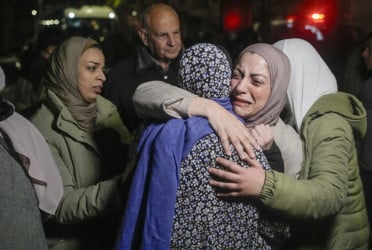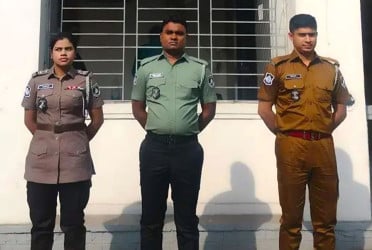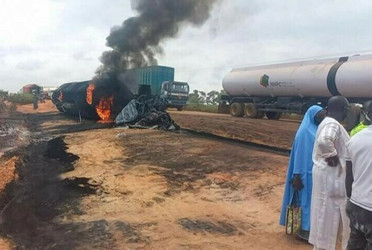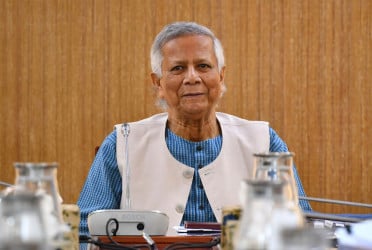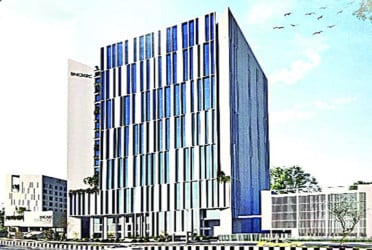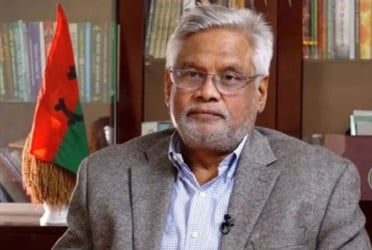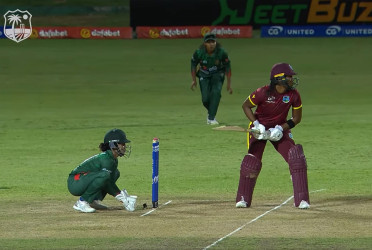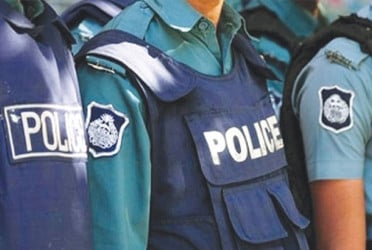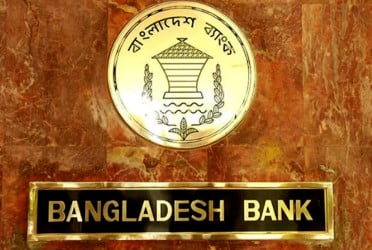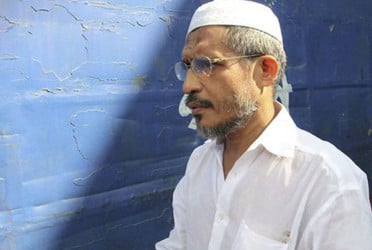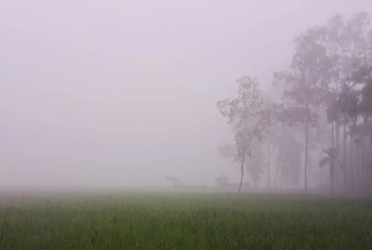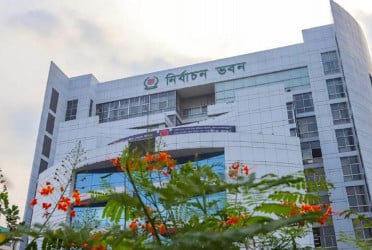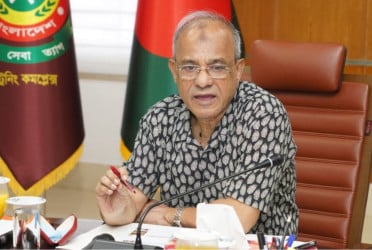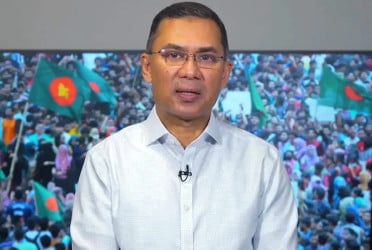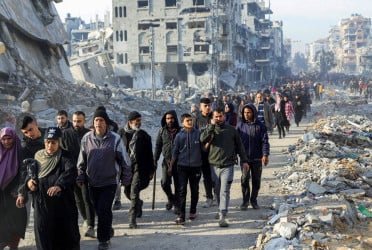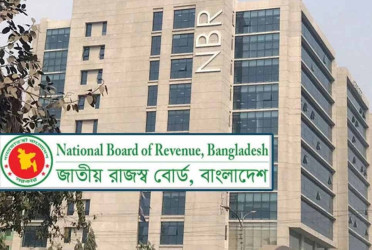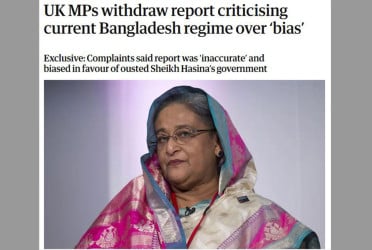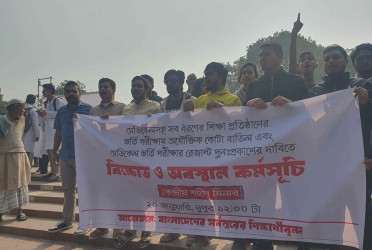Mismanagement and irregularities are visible in the project of Bus Rapid Transit (BRT) projects as the projects haven’t been completed timely and suffering of the commuters wasn’t reduced.
The first BRT project started in 2012 with a view to help the commuters go to Gazipur from airport in 35 to 40 minutes. However, the project hasn’t been finished in last 10 years. Furthermore, the road from airport leads to Tongi and Gazipur has become synonymous to continuous suffering to the commuters.
The project was scheduled to be finished within 2016. Showing various excuses, the DPP of the project was corrected four times and its completion time has been extended to 2022. Nevertheless, the tasks won’t be finished even in 2022. The completion deadline has been extended now to June 2023.
Due to the undisciplined construction works of BRT in the roads, normal transport-speed has been hampered a lot. According to some Transport workers in Dhaka-Gazipur route, the number of trips has been decreased due to serious traffic-congestion. Sometimes, it’s impossible to conduct more than two trips on the route and sometimes public transport does not get even fuel cost due to the gridlock. If this circumstance persists, then they might have to cancel trips on this route.
Meanwhile, Dhaka Metropolitan Police (DMP) discourages the movement of vehicle through one side of this route. DMP had requested the commuters not to use the road from Uttara to Gazipur. Besides, Uttara division of DMP also requested not to use roads lead to Gazipur via Khilkhet-Uttara without emergency purpose. Media and Publications Department of DMP said this in a release on Tuesday. It said as waterlogging was visible due to potholes and pits created in the road as a result of rain and storm from cyclone ‘Sitarang,’ the transportation from Khilkhet-Uttara to Gazipur has been hampered to a great extent.
Because of the mismanagement in BRT project, the road form Dhaka to Gazipur has become the road of traffic jam. Even, sometimes, the jam extends to Mahakhali, Banani and even to Kuril and Badda.
The commuters and transport owners said Tongi-Gazipur highway, the gateway of vehicles from 32 districts has become a nightmare. The situation persisted over the years is now a drawback in the name of development. Both the commuters and transport-workers are frustrated seeing the mismanagement scenario of the project. According to sources, the negligence of the contractor organization is behind this serious deadlock.
From the field visit, the reporters have observed that due to the pothole and pits in many places on this road have been creating serious problems for plying of vehicles. The cavities are being fulfilled with mud and read-soil, which are washed away when rain comes.
Saiful Islam, an officer working in a factory located in Tongi Industrial Area, said, “We have to spend hours after hours on the road due to serious jam. This problem is hampering our work-spirit and efficiency.”
Advocate Helal Uddin, a resident of Markun area in Tongi said, “We feel uncomfortable if there’s a need to go outside due to heavy traffic jam.”
Assistant Commissioner of Police (ACP) of DMP South Md Fayzul Islam said, “Due to the waterlogging, area from Aftab CNG pump to Tongi Bridge has been full in potholes and pits. In addition, the suffering is enlarged due to road digging activities of BRT projects. All of these lead to serious traffic jam problems.”
BRT project director Md Mahiul Islam said, “Western side road in Tongi Mill gate area is being widened. So, we’re hopeful that vehicles can move in two to three lanes through this route. On the other hand, new road will be constructed from the area in front of Aftab CNG to Station Road area and all the digging process is associated with this road-construction. After the completion of road, the jam situation will be improved a lot. We’ve discussed the matter with the contractor company and hope that this road-construction process will be finished soon.”
@The article appeared on print and online versions of The Bangladesh Pratidin on October 27, 2022 and rewritten in English by Lutful Hoque


